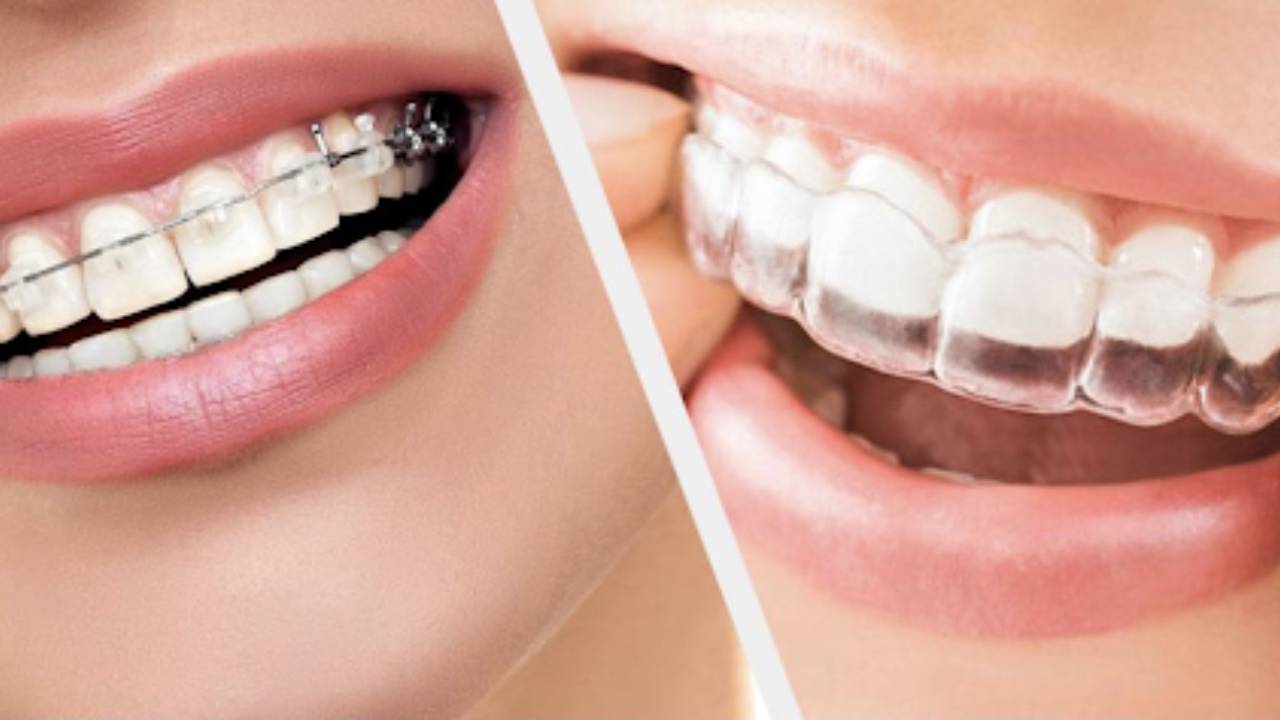Orthodontics Braces – Understanding How Lifestyle Choices Impact
It’s morning, the sun shines bright and as soon as you take the first sip of the juice, you feel a sensation in your teeth. It’s a moment that makes you pause and reflect on how daily choices, from what you eat to how you care for your teeth, can impact your dental health.
This sensation often leads to considerations about orthodontic care, like braces. In Allen, TX, where dental health matters, many residents seek advice from local orthodontic experts to explore options like orthodontics braces Allen TX, ensuring optimal oral health outcomes.
Understanding How Lifestyle Affects Orthodontics Health
When it comes to achieving a straight and healthy smile, there are more factors at play than just genetics. Our daily habits and lifestyle choices can significantly influence the alignment and health of our teeth. Let’s get into how various aspects of our lifestyle impact orthodontic health and the potential need for braces.
-
Diet and Dental Health
Your diet plays a crucial role in dental health, affecting everything from tooth decay to jaw development. A diet high in sugar and acidic foods creates an environment in your mouth that promotes tooth decay and gum disease.
These conditions weaken, teeth and gums, potentially leading to misalignment over time. Additionally, poor nutrition during critical development years can impact jaw growth and the positioning of teeth, increasing the likelihood of issues like having orthodontics braces Allen TX later in life.
-
Importance of Oral Hygiene
Good oral hygiene practices, such as brushing and flossing regularly, are fundamental to preventing dental problems that can necessitate braces. Inadequate oral hygiene allows the plaque to build up, leading to cavities and gum diseases. These conditions compromise the health of your teeth and gums but can also cause teeth to shift or become misaligned over time if left untreated.
-
Habits like Thumb Sucking and Pacifier Use
Prolonged thumb sucking or pacifier use beyond early childhood can push teeth forward, leading to overbite or alignment issues. These habits can affect the development of dental arches, especially if continued into preschool years.
Orthodontic treatment might be needed to correct resulting misalignments. Encouraging children to stop these habits early, possibly with positive reinforcement or dental devices, can promote proper tooth alignment and prevent the need for extensive braces later on.
-
Impact of Chronic Mouth Breathing
Chronic mouth breathing, often caused by allergies or nasal blockages, can impact jaw and teeth development. Habitual mouth breathing alters facial growth patterns, potentially leading to dental misalignment. Addressing the root causes early, such as treating allergies or using nasal sprays, can mitigate these effects. Seeking timely intervention from healthcare professionals can ensure proper facial and orthodontics braces Allen TX for long-term oral health.
-
Effects of Chewing an Object
Chewing on pencils, nails or hard objects can put too much pressure on teeth, leading them to move out of their original position. This habit is especially harmful when teeth are still developing, making them to more prone to shifting.
Over time, this can result in misalignment or other dental issues. Encouraging alternative chewing habits or using stress-relief techniques can help protect teeth during their crucial growth stages and maintain proper alignment.
-
Dental Injuries and Protective Measures
Sports injuries or accidents affecting the mouth can suddenly shift teeth out of alignment. Using protective gear like mouthguards during sports activities greatly lowers the risk of dental injuries that might necessitate orthodontic treatment later on.
These guards cushion impacts and protect teeth from trauma, preserving their alignment and overall dental health. Ensuring proper protective measures during physical activities can prevent the need for extensive orthodontic interventions due to sports-related injuries.
-
Genetic Factors in Orthodontic Need
Genetics play a key role in jaw and teeth structure, but lifestyle choices can amplify inherited dental conditions. Children with a family history of dental misalignment or braces may inherit these traits. Poor oral hygiene, thumb-sucking, or other habits can worsen these issues.
Early orthodontic evaluation helps detect and address potential problems. By understanding both genetic predispositions and lifestyle impacts, parents can proactively manage dental health and reduce the likelihood of extensive orthodontic future treatment.
Your Lifestyle – Now Your Braces
Many factors mentioned above are in your control, and some are not. However, if you won’t control those habits/ situations that lead you to the braces. Now, let us introduce you to some of the orthodontics braces types –
-
Traditional Metal Braces
When people talk about braces they usually mean metal braces. These have stainless steel brackets and wires held together with rubber bands. It has metal brackets and wires on the front of your teeth to straighten them.
-
Self-Ligating Braces
Similar to the metal braces but with a twist – these braces use clips instead of rubber bands to hold the wires. This means less friction on your teeth and are easier to maintain.
-
Ceramic Braces
These braces use clear ceramic brackets that are harder to see than metal ones, giving a more subtle look. They are big and more delicate, so they need careful cleaning. They are often used on the front upper teeth for a less noticeable appearance.
-
Clear Aligners
These aligners are also invisible trays that fit over your teeth and gradually move them into place. You can take them out when you eat or brush your teeth, which makes life easier. They are made of smooth plastic, so they’re comfortable and don’t poke your gums or cheeks like traditional braces might.
Let’s Take Care of Your Braces
So now you have the braces and these need care also, let’s go and learn all the orthodontics braces care tips:
- Brush your teeth twice a day with a soft toothbrush and fluoride toothpaste.
- Use special floss made for braces to clean your teeth and around the brackets once a day.
- If you wear clear aligners, clean them daily and store them properly.
- Rinse with an alcohol-free mouthwash and fight bacteria twice a day.
- Stay away from hard, crunchy, or sticky foods that can damage your braces.
- See your orthodontist regularly for adjustments and check-ups.
Conclusion
Taking care of your braces is essential for achieving a healthy, straight smile. By following these simple tips – like brushing and flossing regularly, avoiding certain foods, and seeing your orthodontist for check-ups – you can ensure your braces work effectively. Remember, your efforts now will pay off with a confident smile that reflects your commitment to oral health. Embrace the journey and enjoy the positive changes braces bring to your dental well-being!





